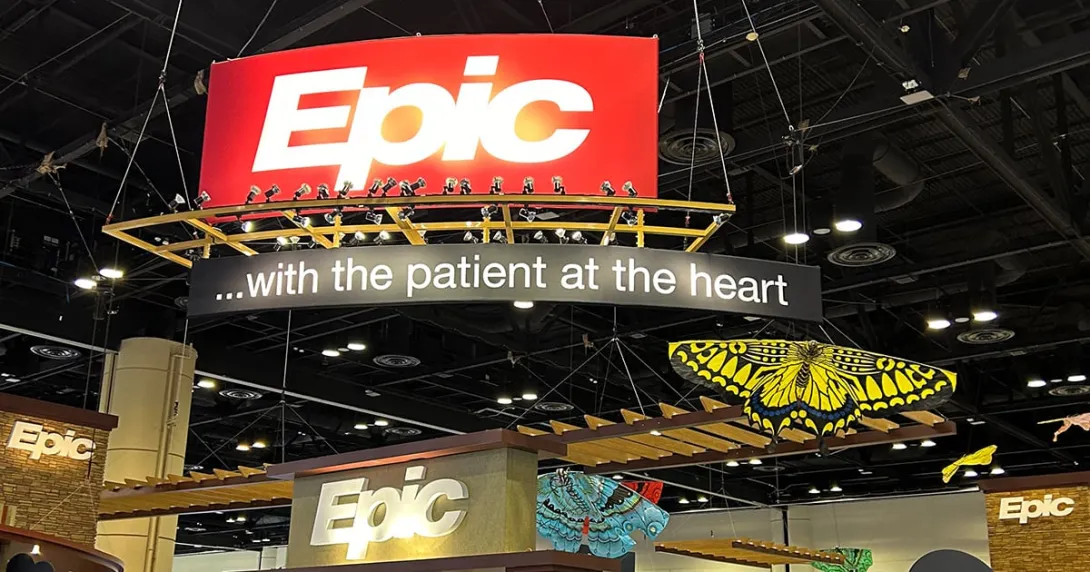Interoperability is a major part of the HITECH Act, the healthcare IT portion of the American Recovery and Reinvestment Act, passed in February of 2009. And according to Dale Wiggins, chief technology officer of Philips Healthcare Patient Care and Clinical Informatics, it all starts with modalities.
"It's important to providers that modalities (PACS, MRI, CT scans) integrate with the other legacy systems at their facilities," said Wiggins. "Providers have orders that need to be filled and Philips is moving to make sure work flow is not interrupted."
Interoperability has been touted as having much potential in improving the quality of care for patients. Providers are looking at integrating new systems with their existing IT infrastructure to reduce waiting room times, provide clinical decision support for physicians and ultimately reduce costs.
"It's all about clinical needs," said Wiggins. "A lot of the discussion is on how interoperability can facility CDS. Another whole area that will be a continuous focus is how systems will talk to each other to help deliver higher-quality healthcare."
Achieving IT interoperability hasn't been a turnkey process for providers. There are many barriers to system integration, ranging from software complexities to unexpected pitfalls.
"Providers really need to understand how a system works achieve data integration and exchange," said Wiggins. "Providers need to ensure that the right health information is being sent to the right place."
"When I personally thi nk about interoperability, it's about reducing fragmentation," said Bettina Dold, strategic lead for Philips Healthcare PCCI. "The banking industry did this well. As consumers, we demand quality healthcare, and providers want to move away from errors. We are keen on moving provider concerns away from how to get at information."
nk about interoperability, it's about reducing fragmentation," said Bettina Dold, strategic lead for Philips Healthcare PCCI. "The banking industry did this well. As consumers, we demand quality healthcare, and providers want to move away from errors. We are keen on moving provider concerns away from how to get at information."
Dold said the HITECH Act has been the speedway that's enabled providers to adopt new IT systems – e-prescribing being one that has enjoyed wide scale adoption throughout the U.S. Interoperability is expect to follow the same route.
The clock is ticking away, however, and providers need to act quickly to avoid being penalized.
"It comes down to this," Dold said. "At what point will providers take on the pain of adoption, or face ensuing financial penalties?"


